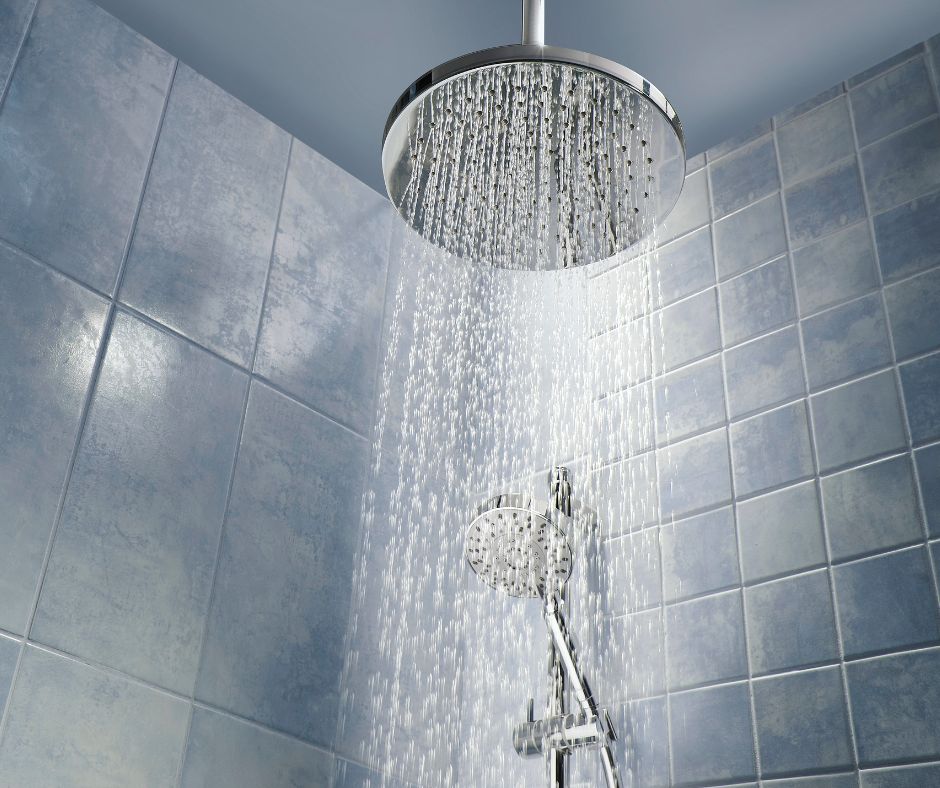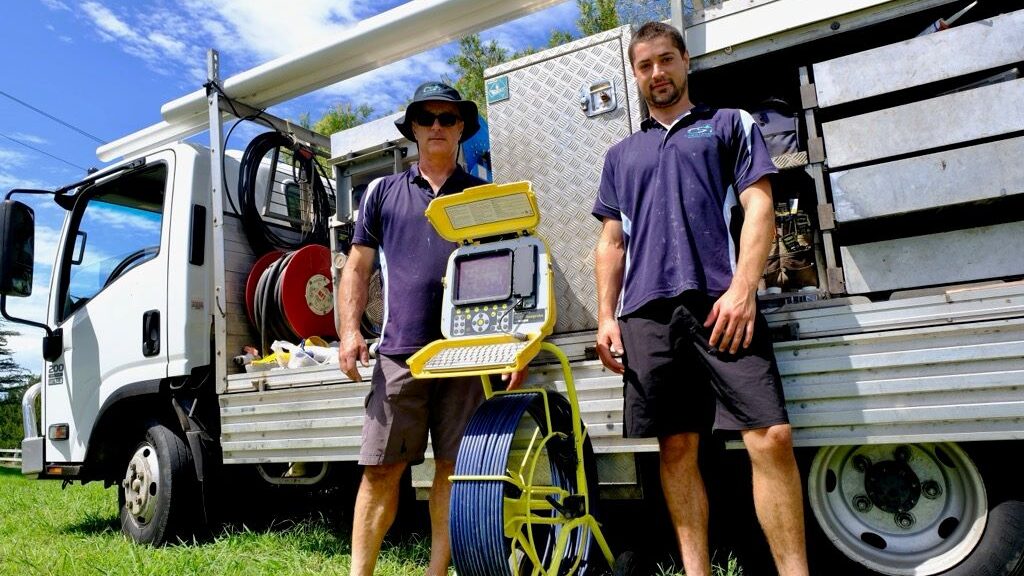Enhancing Home Efficiency with Hot Water Storage Tank Systems
Storage hot water systems are celebrated as a dependable and highly efficient solution for numerous households in Wollongong, making them particularly beneficial for larger families or homes that already utilise established electric or gas systems.
Although modern technologies such as heat pumps and continuous flow units present improved efficiency, a well-sized and diligently maintained storage tank can deliver remarkable performance, especially when used in conjunction with off-peak electricity or natural gas. The selection of the ideal system for your residence hinges on several factors, including your existing energy framework, available installation space, and daily hot water consumption patterns.
Ultimately, the decision will rely on your household's unique dynamics, specific hot water requirements, and your energy configuration.

Understanding the Efficient Operation of Storage Tank Hot Water Systems
A storage hot water system operates by heating water within a robust cylindrical tank, maintaining it at a predetermined temperature for immediate access. When you activate the tap, hot water flows directly from the tank, ensuring you have hot water readily available. As water is dispensed, the system works diligently to refill the tank and reheat the water, guaranteeing that a consistent supply remains at your disposal whenever you need it. This efficient mechanism alleviates concerns about running out of hot water during your daily activities, thereby enhancing your overall convenience and comfort.
The assortment of available tanks is quite impressive, ranging from compact 50-litre models that can seamlessly fit into smaller spaces to expansive units that exceed 400 litres, ideal for larger families or commercial establishments. This extensive variety empowers homeowners to choose a system that precisely aligns with their unique needs while ensuring optimal performance and unparalleled efficiency.
The Smart Investment of Storage Tank Systems for Your Home
- User-Friendly Design for Effortless Operation. These systems boast a straightforward design, free from complex sensors or intricate electronic components that may be prone to failure, making them highly accessible.
- Reliable Performance Ensuring a Steady Hot Water Supply. They excel in homes with a consistent demand for hot water, ensuring that your family’s requirements are met without interruption.
- Flexible Installation Options for Any Environment. Storage tanks can be conveniently installed in various locations—whether indoors or outdoors—and can be positioned either vertically or horizontally, tailored to your spatial requirements.
- Minimal Maintenance Needs for Effortless Ownership. Most replacement parts are inexpensive and readily available, making the upkeep of these systems manageable and financially viable.
In numerous homes across Wollongong, particularly those with older plumbing configurations or larger families, storage tanks remain a reliable and cost-effective solution for meeting hot water demands efficiently.
Key Factors to Consider When Choosing Between Gas and Electric Storage Tanks
Electric Storage Systems
These systems are typically straightforward to operate and install, making them an excellent choice for homes with a reliable electricity supply. They often function on off-peak tariffs, which can lead to substantial savings on energy bills. Electric systems are especially beneficial for smaller households or properties lacking gas connections, providing a reliable source of hot water without the complexities of gas connections.
Gas Storage Systems
Gas systems offer rapid water reheating capabilities, rendering them an efficient option for households with high hot water demands. If your home is already equipped with natural gas, selecting a gas storage tank can be a prudent long-term investment, ensuring that your hot water needs are met promptly and efficiently, without unnecessary delays.
Unsure which alternative is best suited for your specific situation?
Our dedicated pages on electric and gas hot water systems provide comprehensive insights into both choices, assisting you in making an informed decision.
Identifying Common Issues with Older Storage Tank Systems
- Running Out of Hot Water before all family members have had their showers, leading to significant frustration and inconvenience.
- Escalating Energy Bills that may result from inadequate insulation or operational inefficiencies within the system, causing unnecessary expenditure.
- Leaks or Rust appearing around the base of the tank, which can signal potential system failure, necessitating immediate professional attention.
- Slow Recovery Time between uses, resulting in inconvenient delays in accessing hot water when needed.
- Unusual Noises such as popping or hissing during the heating cycle, indicating possible underlying issues with the system that require investigation.
If you find that you can relate to any of these issues, it may be time to contemplate a replacement or, at the very least, schedule a professional inspection to ensure your hot water system is functioning correctly and efficiently.
Evaluating Whether to Upgrade or Transition to a New Hot Water System
If your current storage tank exhibits any of the following signs:
- Is over 10 years old, suggesting it may be approaching the end of its useful life.
- Shows visible signs of wear or operational inefficiency, which can adversely affect its performance.
- Struggles to meet your household's hot water needs, causing interruptions and inconvenience in daily routines.
In these situations, it is prudent to consider an upgrade.
This could involve investing in a new storage tank equipped with improved insulation properties or exploring alternatives such as an instantaneous or heat pump system, which may provide enhanced efficiency and overall performance.
We are here to assist you in making the best decision based on your household’s energy access, spatial considerations, and overall water usage patterns.
Crucial Factors to Evaluate When Selecting Your Hot Water System
Storage tank systems remain highly relevant, especially for larger homes or configurations that lack the necessary infrastructure for more advanced technologies. When correctly sized and diligently maintained, they offer a straightforward, cost-effective, and efficient solution for hot water needs.
However, they are not universally applicable. As the market evolves to encompass a diverse range of more efficient and adaptable options, consulting with a licensed plumber becomes essential. A professional can assess your unique requirements and recommend the most suitable hot water solution tailored to your household's specific needs.
Are you seeking guidance in selecting or replacing your hot water system? Contact our expert team today for tailored advice and effective solutions.

Common Queries Regarding Gas and Electric Hot Water Systems
Comparing the Economical Aspects of Gas and Electric Hot Water Systems
Generally, gas hot water systems are recognised for their lower operational costs, especially if your home is already connected to natural gas. However, electric systems that utilise off-peak tariffs or are integrated with solar power can also yield competitive running costs. Your final decision will depend on your specific usage patterns and the local energy rates applicable in your area.
Which System Provides Faster Water Heating: Gas or Electric?
Gas systems are known to heat water more quickly than their electric counterparts, making them particularly beneficial for larger families or homes with high-demand appliances. While electric systems may demonstrate slower recovery times, ongoing advancements in technology are continually enhancing their efficiency and overall performance.
Are Gas Hot Water Systems More Suitable for Larger Families?
Indeed, gas storage or instantaneous systems are frequently better suited for larger households where multiple individuals may require hot water simultaneously. Their rapid reheating capabilities ensure they can comfortably meet high usage demands without quickly exhausting the available hot water supply.
Is It Possible to Install a Gas Hot Water System Without a Gas Connection?
Yes, it is feasible to install a gas system; however, you will need to utilise LPG (bottled gas) instead of mains natural gas. This is a common scenario in rural or semi-urban areas of the Illawarra. Be advised that the costs associated with LPG can be higher, and you will need to manage delivery logistics accordingly.
Are Electric Hot Water Systems Still a Practical Choice?
Absolutely! Electric systems are user-friendly, cost-effective, and widely accessible. They are particularly ideal for smaller homes, apartments, or properties lacking gas infrastructure. When combined with solar PV systems or utilised during off-peak rates, they can achieve remarkable efficiency levels.
Which System Tends to Have a Longer Lifespan: Gas or Electric?
Both types of systems generally exhibit comparable lifespans, typically ranging from 8 to 15 years. This can be influenced by factors such as brand reputation, usage habits, and water quality. Regular maintenance is crucial; components like anodes, valves, and thermostats should be inspected periodically to maximise the longevity of the system.
Which Option Is More Environmentally Sustainable?
Electric systems paired with solar power or heat pumps typically have a lower carbon footprint. While gas systems are cleaner compared to electricity generated from coal, they still emit carbon emissions. If sustainability is a priority for you, consider opting for modern electric systems or those supported by renewable solar energy sources.
Are Storage Tank Hot Water Systems Still a Good Choice in Wollongong?
The Article: Storage Tank Hot Water Systems: A Smart Choice for Wollongong first appeared on https://writebuff.com
The Article Hot Water Systems: Why Wollongong Should Choose Storage Tanks Was Found On https://limitsofstrategy.com

